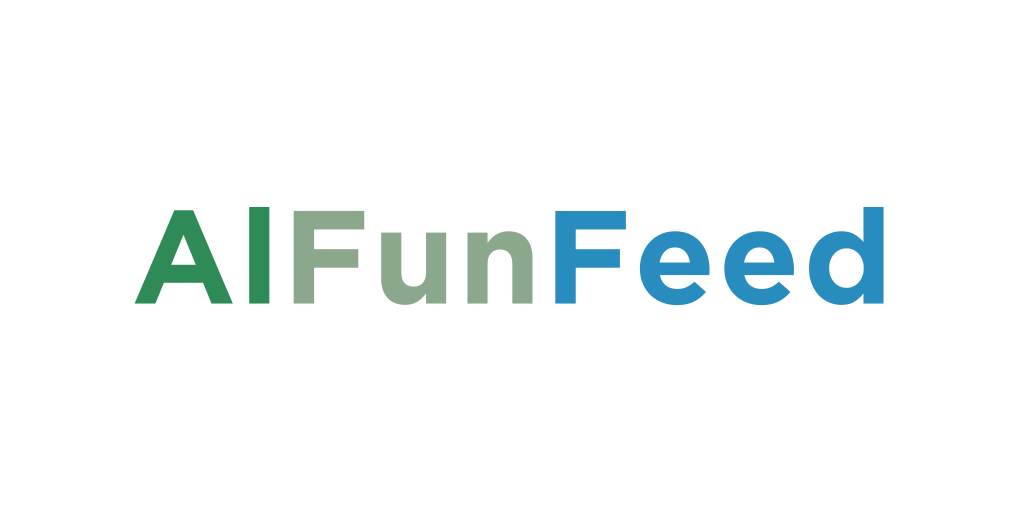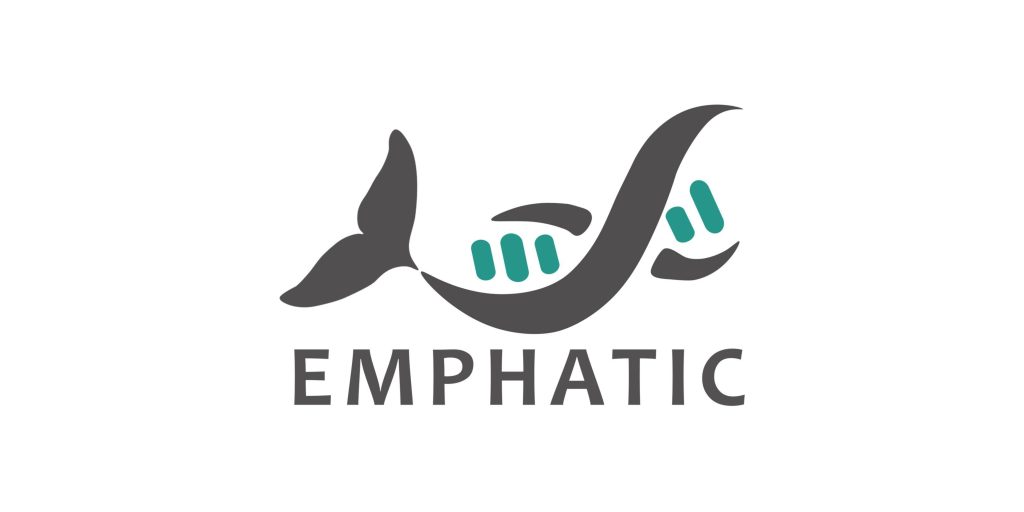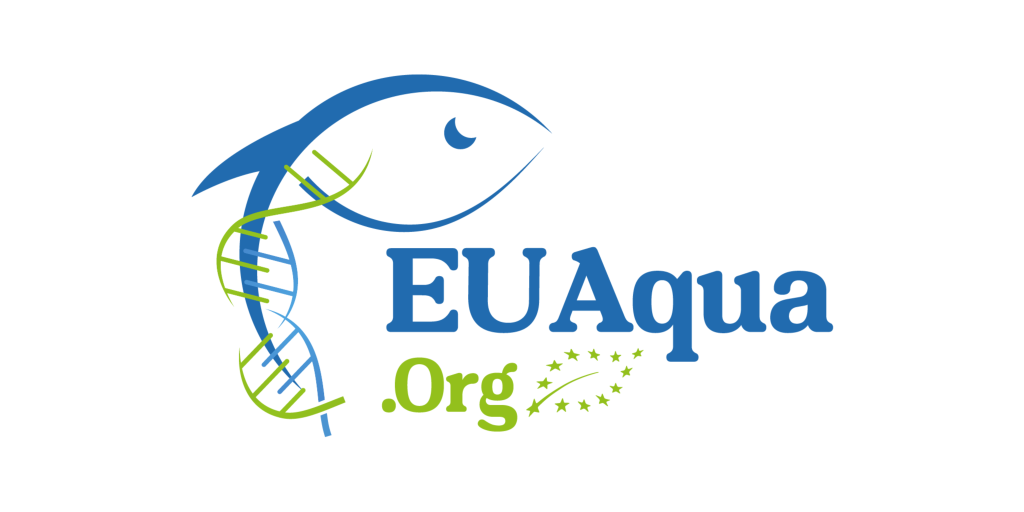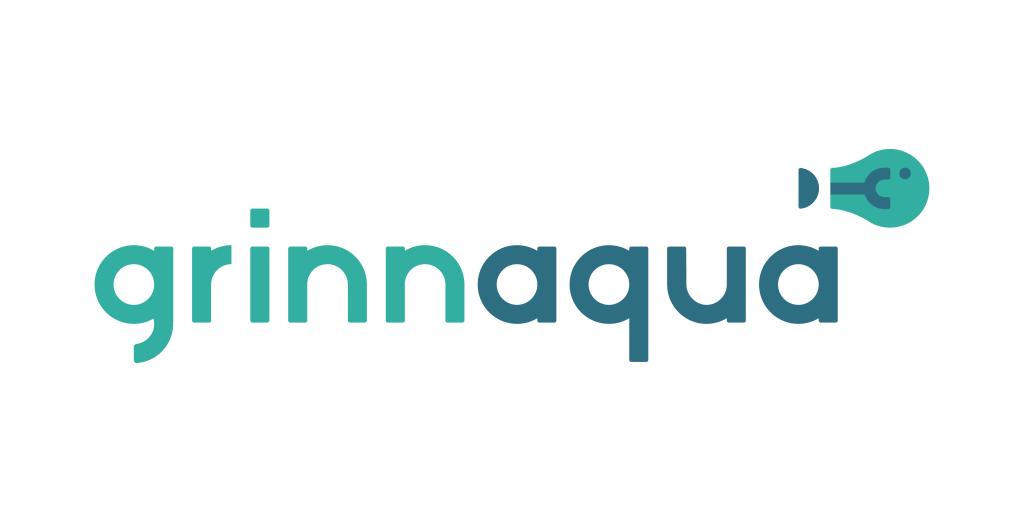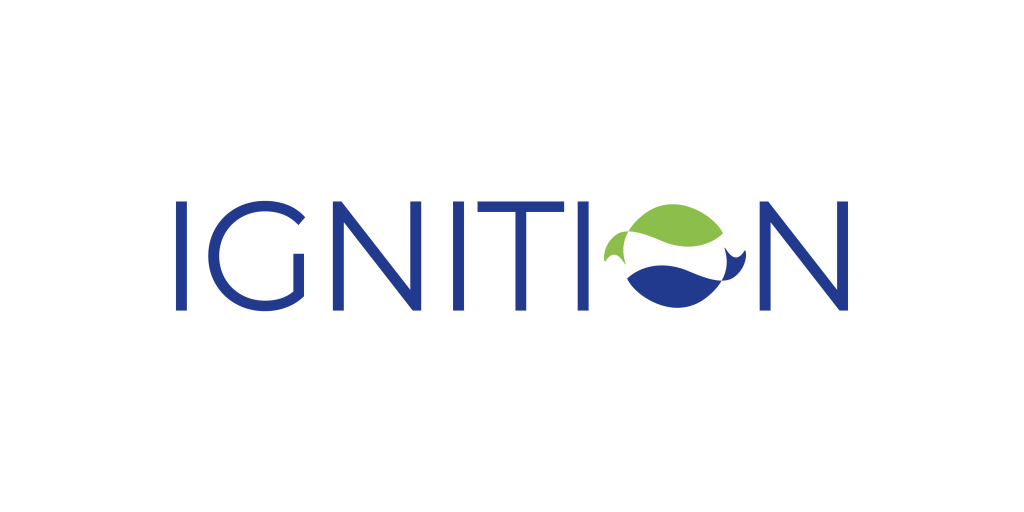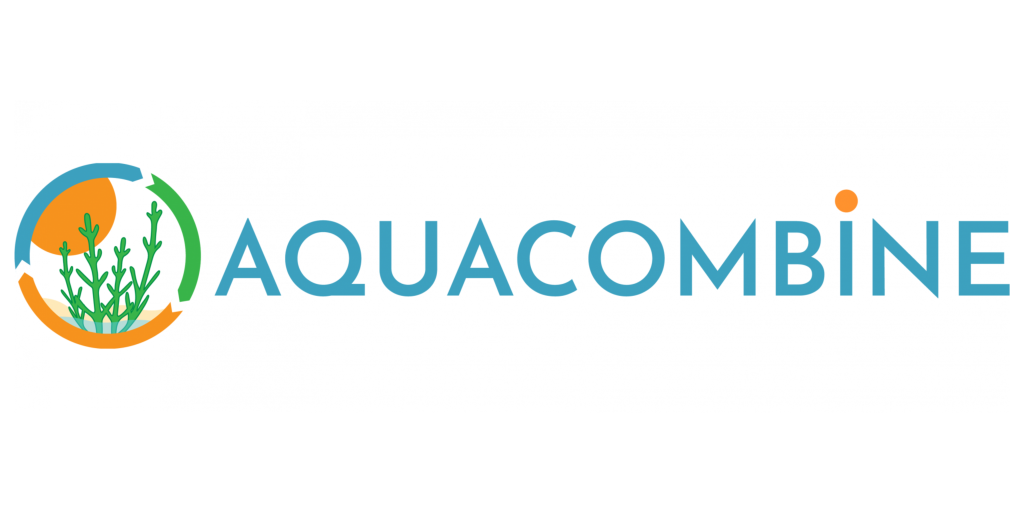PROJECTS
Ongoing ...
Fungal single-cell protein from macroalgal waste fermentation: improving sustainability and reducing the carbon footprint of fish aquafeeds
Project description: Since 2000, fishmeal demand has exceeded supply, leading to the adoption of plant protein (PP) alternatives, which face criticism due to competition with human food demand and environmental drawbacks like higher carbon footprints and water use, alongside nutritional challenges for carnivorous fish such as poor palatability and imbalanced amino acids. This has driven the industry to seek innovative feed ingredients, including marine and terrestrial by-products, seaweeds, microbial biomasses, and insects, but no definitive sustainable solution has yet been found. Promising research, aligned with international projects under Horizon Europe and the Sustainable Blue Economy Partnership, focuses on bio-based protein sources such as single-cell protein (SCP) from filamentous fungi. SCP offers high protein content, balanced essential amino acids comparable to fishmeal, environmental benefits like reduced land and water use, and year-round production. Certified low carbon footprint mycoprotein, produced using macroalgae-based substrates including seaweed waste, supports a circular economy by transforming discards into valuable feed ingredients resilient to market fluctuations and climate impacts. Utilizing marine by-products in aquafeed development thus promises enhanced product value, reduced economic losses, mitigated environmental effects, and the provision of nutritious, cost-effective, and sustainable seafood option.
Through systematic research and experimentation, AlFunFeed aims to identify SCP formulations, that deliver optimal nutritional and health benefits for farmed carnivorous fish.
Project duration:
Coordinator: UVigo
PI CIIMAR: Benjamin Costas
Partners: ODS Protein (Spain), CIIMAR (Portugal), UTH (Greece), UNIVPM (Italy), FederPesca (Italy)
Funding: Sustainable Blue Economy Partnership (SBEP)
Total Investment: 1 227 775.00 €
E-DNA, Microbiomes, Photogrammetry and Hormones - Assessment Techniques In Cetaceans
Project description: The project EMPHATIC will address challenges in cetacean monitoring, related to distribution range and health; and respond to policy needs by developing relevant indicators of cetacean population status. EMPHATIC combines several emerging research topics, applying non-invasive techniques applicable to live animals: environmental DNA (eDNA) to assess distribution; study of the respiratory tract microbiomes; images collected with drones for photogrammetry to evaluate body condition; and hormone content to derive stress levels.
Specifically, EMPHATIC aims to:
1. Generate and implement monitoring tools and analytical methodologies, addressing cetacean distribution and health.
2. Deliver solutions to relevant policy actors, and regional stakeholders, including the monitoring toolbox for environmental assessments at the national and European levels.
3. Engage citizens by training them for sample collection, thus increasing spatio-temporal coverage of available data.
4. Enhance methodologies and develop indicators to report cetacean distribution and health and support policy-makers.
5. Utilise and make available biodiversity data in appropriate repositories for integrated data assessments.
Project duration: March 2024 – February 2027
Coordinator: IMM-CSIC
PI CIIMAR: Catarina Magalhães
Partners: IIM-CSIC, IEO-CSIC, CIIMAR, DGRM, CIMA Research Foundation, University of La Rochelle / Pelagis Observatory
Funding: Biodiversa+ programme & FCT, FBio, ANR and MUR
Total Investment: 585 562 €
Integrative breeding strategies for the transition of EUropean AQUAculture towards sustainable ORGanic production
Project description: The EU and its Member States are investing in research into organic fish production, which offers a solution for food security in Europe.. In this context, the EU-funded EUAqua.Org project will enhance European organic fish production by developing innovative solutions to address critical challenges in farming Atlantic salmon, European sea bass, gilthead sea bream and rainbow trout. The project will advance phenotyping, genotyping, and genomic prediction technologies, providing essential tools for cost-effective and environmentally sustainable organic aquaculture. It will implement a comprehensive communication and training programme to ensure these tools are effectively used in the industry, including a co-developed online training course for stakeholders like breeding companies and fish farmers.
Project duration: 1 January 2025 – 31 December 2028
Coordinator: U.Padova
PI CIIMAR: Benjamin Costas
Partners: U.Edinburgh, U.Stirling, U.Barcelona, U.Bologna, WRG Europe Ltd, INRAE, IRTA, Visifish, CIIMAR, EFFAB, Cromaris
Funding: Horizon Europe
Total Investment: 2 999 312.55 €
Green innovation strategies for animal health management: towards sustainable Aquaculture
Project description:
GRINNAQUA is conceived in compliance with the Farm to Fork Strategy and is focused in capacitating CIIMAR to raise staff’s research profile and increase its innovation capacity positioning the institution among the main actors in the area of aquaculture. Recognized leaders in R&D within European aquaculture with a solid background in relevant areas partnered with CIIMAR.
Their profiles make these the ideal partners to push CIIMAR towards scientific excellence and competitiveness. INIA-CSIC (Spain) has significant expertise on the study of fish acquired immune system and vaccination strategies; Roslin Institute – Univ. Edinburg (UEDIN, UK) team has essential know-how in genetics and animal breeding; and Univ. Bergen (Norway) is proficient in the area of animal health and prophylactic strategies. Clear strategies are defined to raise staff´s research profile and excellence by implementing training workshops and Summer schools led by the partners. Several visits of CIIMAR´s staff to partners facilities are planned, targeting senior research, technical and administrative training, allowing the exchange of knowledge and good practices. The research project, integrating partners scientific and technical strengths, will in focus in the high economic impactful viral and parasitic outbreaks in aquaculture, studying the prophylactic effects of functional diets in rainbow trout against haemorrhagic septicaemia virus, and in Atlantic salmon infected sea lice parasite.
This proposal outlines strategies to increase stakeholder interaction and its mobilization towards scientific achievements, strengthening CIIMAR’s market-driven research and innovation capacity to increase its competitivity at national and international levels. GRINNAQUA will be instrumental to improve CIIMAR innovation capacity to become a leading institute for the blue revolution in aquaculture. A long-lasting collaboration is foreseen, contributing to strengthen a more sustainable aquaculture in Europe.
Project duration: November 2022 – October 2025
Coordinator: CIIMAR
PI CIIMAR: Benjamin Costas
Partners: CIIMAR, U. Bergen, INIA-CSIC, U. Edinburgh
Funding: Horizon Europe & UKRI
Total Investment: 1 279 170.00 €
Improving GreeN Innovation for the blue revoluTION: new tools and opportunities for a more sustainable animal farming
Project description:
Animal health and welfare are issues of high research priority for European aquaculture. In particular, improving animal welfare whilst reducing the use of veterinary drugs are current research priorities in line with minimizing the environmental impact of the industry.
Preventing, or reducing the impact of disease is of prime importance for producers, researchers and stakeholders. In addition, public awareness of aquatic animal health and welfare leads to the increased attention of policy-makers, scientific community and the consumers into new methods for disease prevention. The IGNITION project aims to unveil new knowledge regarding animal welfare in the context of climate change and propose new tools to mitigate the adverse effects of stress. An improvement in animal welfare will translate in higher-quality farmed animals thus improving farming productivity and sustainability performance. Through IGNITION it is expected to provide new knowledge through genotyping and molecular phenotyping techniques to develop future breeding strategies for fish and shellfish. New innovative tools regarding immunization in fish will also be provided, aiming at improving fish welfare and targeting early life stages. Animal feeds will be formulated to include bioactive compounds extracted from halophytes through a novel upstream cascade salt removal. Special emphasis will be given to the study and discovery of new non-invasive biomarkers of health and welfare, which will in turn allow the development of biosensors and disease prediction through machine learning approaches. The tools developed in IGNITION will be able to avoid the colonization and spread of pathogenic microorganisms, including multi-resistant microorganisms, among farmed animals and the subsequent spread to humans through the food chain.
Project duration: November 2022 – October 2026
Coordinator: CIIMAR
PI at CIIMAR: Benjamin Costas
Partners: CIIMAR, Arctic U. Norway, U. Edinburgh, Aalborg U., U. Padova, I3S, U. Cadiz, Swansea U., Nord U., Tyndall, RiaSearch, Sparos, Halorefine, Visifish, Science Crunchers, Gifas, EAS.
Funding: Horizon Europe & UKRI
Total Investment: 5 077 442.50 €
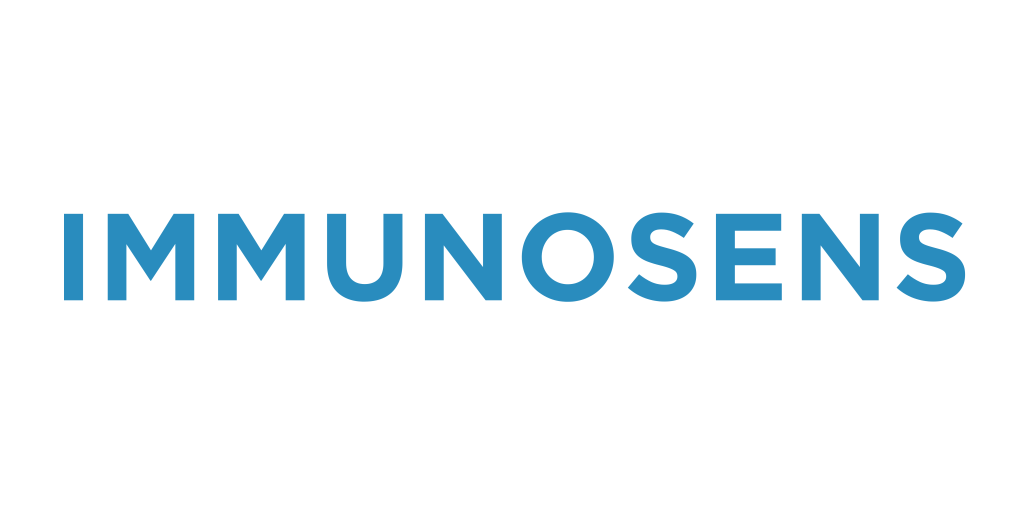
Biomarkers of health and performance in aquacultured fish: the application of antibody based biosensors
Project description:
A well‐known and recurrent threat to aquaculture expansion is related to disease outbreaks that can jeopardized production, can create an environmental problem and can even impact human health. Disease surveillance of aquatic animals could largely benefit from fast, efficient, and cost-effective point-of-care testing devices for limiting disease spreading.
These devices usually use antibodies as biorecognition molecules due to their specificity and affinity for their cognate antigen being ideal to be incorporated into sensors. Compared to conventional antibodies from mammals, sharks have a kind of antibodies composed only of heavy chains where the antigen-binding site is formed only by a single variable domain designated as VNAR. Owing to their relatively small size, high specificities, excellent solubility and long-term stability, these naturally occurring single-domain antibodies have been considered as promising candidates for the development of biosensors. IMMUNOSENS will produce recombinant VNAR antibodies, developed from universal phage-display libraries that will serve to build immunosensors for the aquaculture industry, that will enable rapid, real-time and on farm monitoring of fish health and fish performance.
Project duration:
Coordinator: CIIMAR
PI CIIMAR: Gregorio Molés
Partners:
Funding: FCT
Total Investment:
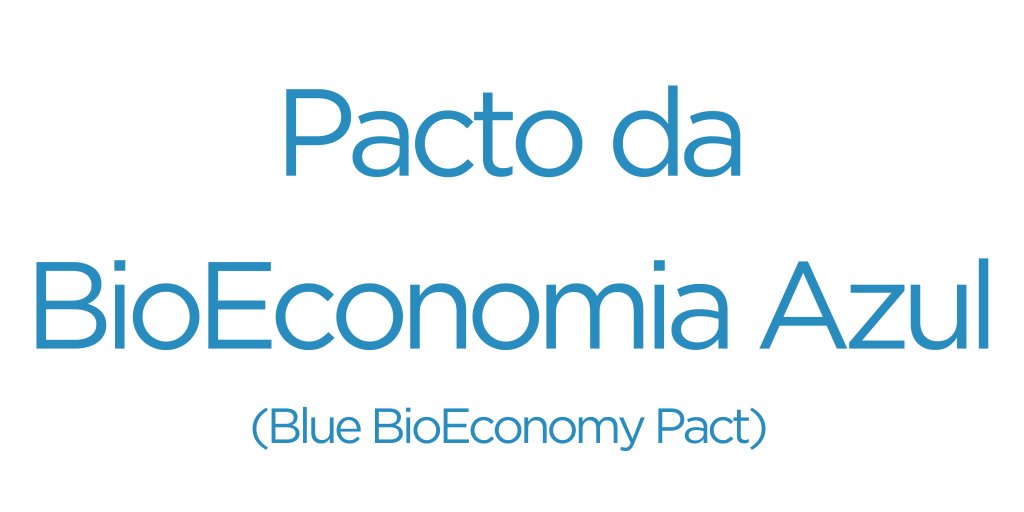
Blue BioEconomy Pact
Project description:
Defending a new sustainable, innovative and decarbonizing paradigm, which finds in the sea a response to the challenge of the global scarcity of terrestrial resources, and bringing together varieties of national industries, the Blue Bioeconomy Pact envisages developing new products, processes and services resulting from incorporation of blue bioeconomy goods into new or existing value chains, with a positive impact on the environment, consumer lives and national exports.
Invest in 7 sectors – through: application of biomaterials; new paradigm for bivalve production; marine-based textiles; sustainability in the food sector; increased algae production; circular power solutions; bioinformatics for the fisheries sector -, and in 3 transversal initiatives aimed at accelerating the development and commercialization of products and services in the sector – Biobanco Azul Português, the digital platform for the valorization of marine co-products, and in promoting the growth and internationalization of companies and SMEs.
Project duration:
Coordinator: CIIMAR
PI CIIMAR: Vitor Vasconcelos
Partners:
Funding: PRR – Componente 5 – Capitalização e Inovação Empresarial de Plano de Recuperação e Resiliência (PRR)
Total Investment:
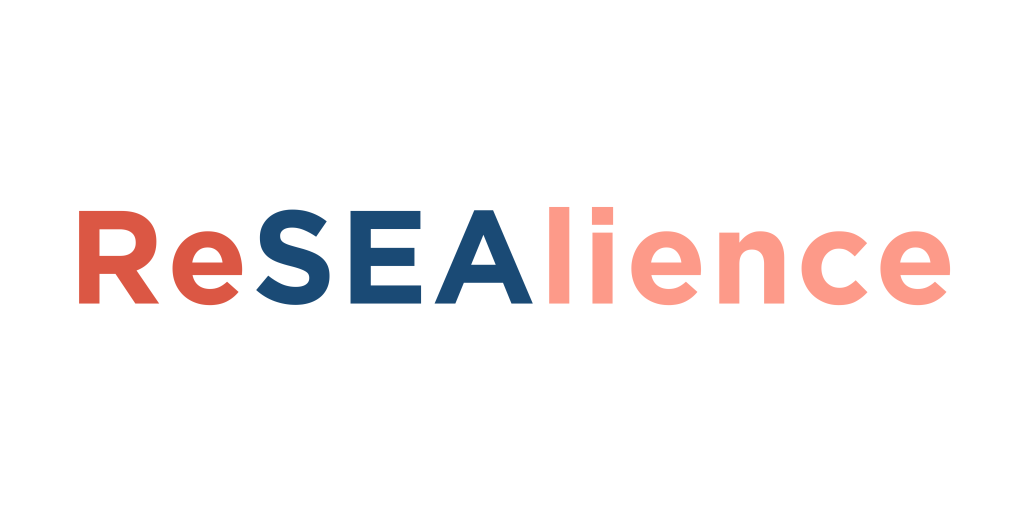
ReSEAlience
Project description:
Project duration:
Coordinator: Lulea University (Sweden)
PI CIIMAR: Benjamin Costas
Partners: Halorefine (Denmark)
Funding: Sustainable Blue Economy Partnership (SBEP)
Total Investment: 2 822 281.00 €
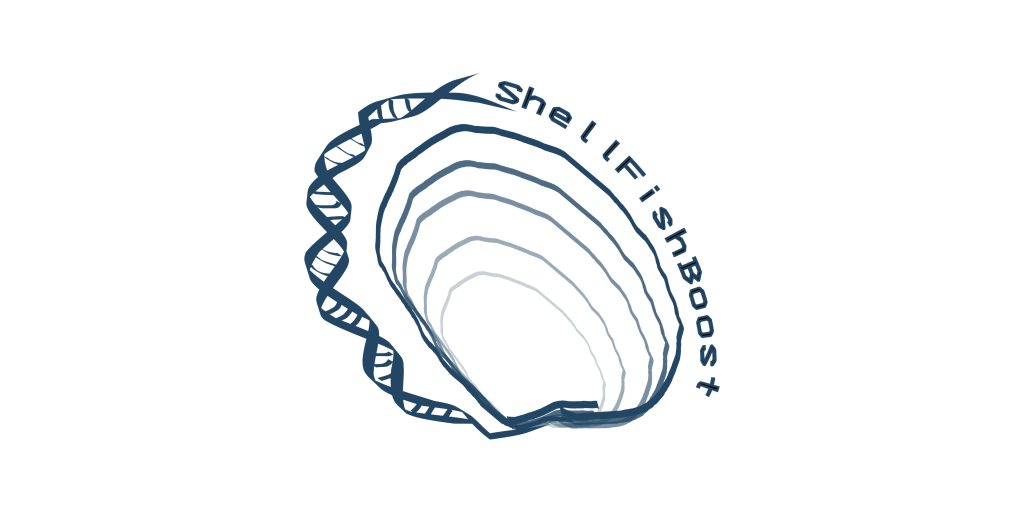
Boosting the resilience of European shellfish production against climate change related challenges through genetic selection
Project description: Bivalve aquaculture has become increasingly important sector of global blue bioeconomy in recent years due to its numerous environmental, economic, and social benefits. Shellfish farming is considered sustainable and environmentally friendly compared with other aquaculture species as it is low trophic, has a very limited carbon footprint, and it provides multiple ecosystem services. Shellfish production is already facing major challenges due to direct and indirect effects of climate change and such challenges will become even more serious in the future. The long-term goal of ShellFishBoost is to mitigate the effects of climate change on the bivalve production with the ultimate impact of protecting and developing a vital blue bioeconomic sector in Europe.
The main objectives of ShellFishBoost are the development/optimisation of advanced tools for genetic selection (molecular tools, optimized breeding schemes) and the estimate of genetic parameters for key traits (growth, resistance to heat-waves, salinity stress, summer mortalities, and presence of harmful algal toxins). A third major objective is the co-creation of best practices for selective breeding in each target species, together with industrial partners of ShellFishBoost and other relevant stakeholders (producer associations and other bivalve hatcheries). Project activities will be divided into five problem-focused workpackages (WPs). WP1 will develop and optimize advanced tools for genetic selection. WP2 will estimate genetic parameters and identify Quantitative Trait Loci (QTLs) for disease resistance in oysters and clams. WP3 will estimate genetic parameters and identify QTLs for resilience to climate-related challenges in oysters and clams. WP4 will estimate genetic parameters and identify QTLs for reduced toxin accumulation in mussels.
WP5 will co-create best practices and strengthen the capacities for selective breeding in bivalves. ShellFishBoost fully embraces the approach based on the “Theory of Change”. WP5 objective is to effectively translate projects outputs into positive outcomes for European shellfish farming sector, to achieve the ultimate impact of improving the resilience of the sector against climate change effects.
Project duration: May 2024 – May 2027
Coordinator: UNIPD
PI CIIMAR: Sergio Fernandez Boo
Partners: UNIPD, IMC, CIIMAR, Aquagoma lda, USC, Nofima, SYSAAF, INRAE, MarInove, France Naissain, Ifremer
Funding: European Union, Sustainable Blue Economy Partnership, FCT
Total Investment: 1 801 220,00€
Concluded .
Integrated on-farm Aquaponics systems for co-production of fish, halophyte vegetables, bioactive compounds, and bioenergy
Project description:
One of the most important challenges of the 21st century is to meet the world’s demand for sustainably produced biomass for both food and the growing bio-products sector. Increased use of fresh water for agriculture and loss of farmland due to salinity are related concerns. Salicornia europaea is grown commercially in the EU for its fresh tips, which are edible as salad (marsh samphire). It is a halophyte plant and can grow on saline lands without requiring freshwater for irrigation. When grown as a vegetable only the fresh tips are used while the woody part of the plant is considered a residue. The amount of residue to food product is large (approximately 80%) and the salt content of the residue is a problem when used for soil amendment, as it returns the salt to the soil. There is a great wish from Salicornia farmers to increase the value of this fraction in line with the principles of circular economy. The woody residue part of Salicornia has been investigated as a source of pharma- and nutraceutical products due to its high content of phytochemicals e.g. hydroxycinnamic acids (HCA). The project will also examine the combination of aquaculture and Salicornia farming creating synergies such as formulation and test of phyto-chemicals rich functional fish feed and formulation and test of protein and lipids rich fish feed. The outcomes of this study will enable Salicornia farmers and aquaponics farms to utilize all fractions of the produced biomass and produce value added HCAs, functional fish feed, and bioenergy. This will create new circular industries with co-production of food, pharma, and bioenergy from this new sustainable type of crop with very little or no production of waste streams.
Project duration: October 2019 – September 2023.
Coordinator: Aalborg Universty
PI A2S: Benjamin Costas
Partners: Lulea Tekniska Universit, Gottfried Wilhelm Leibniz University, University of Applied Sciences, Universite Catholique de Louvain, Hochschule Flensburg, Aveiro University, CIIMAR, CELABOR SCRL, Envirohemp SL, Riasearch Lda., Alpha Aqua A/S, Lucas Corinne, Naturfarm Pharmacy A/S, Thise Mejeri amba, ADRAL, Food-Processing Iniciative
Funding: Horizon2020
Total Investment: 11 090 930.75 €

Unravelling the role of viperin in the trout and turbot antiviral responses
Project description:
The high economic impact of virus in aquaculture rises the need for the urgent development of prophylactic solutions to mitigate economic and animal losses. However, a better understand of fish basic antiviral mechanisms is necessary in order to contribute to this endeavor. Hence, the exploratory AQUAVIP project intends to create the tools to the creation of innovative and sustainable strategies to improve fish antiviral response and resistance to viral pathogens. The focus on viperin is justified by the recent and multi-action mechanisms described for the protein, that point to its central role in the host antiviral response. In an exploratory and multidisciplinary approach, the AQUAVIP project uses up to date methodologies to: i) create the tools necessary to study viperin role as antiviral effector and modulator of acute phase and innate immune responses activated by a viral pathogen; ii) evaluate the pathways associated to the transcriptional regulation of viperin as well as the pathways induced by viperin itself. Also, since the principal activity described for viperin is acting as a chain terminator by catalyzing the conversation of CTP to ddhCTP, a look on the production of both nucleotides in response to a virus will be checked; iii) assess the in vivo constitutive and induced viperin expression and the acute phase and innate immune mechanisms activated in response to VHS infection at the local and systemic level.
Project duration: January 2022 – June 2023
Coordinator: CIIMAR
PI at CIIMAR: Marina Machado
Partners: CIIMAR, CISA INIA
Funding: FCT
Total Investment: 49 842,125 €
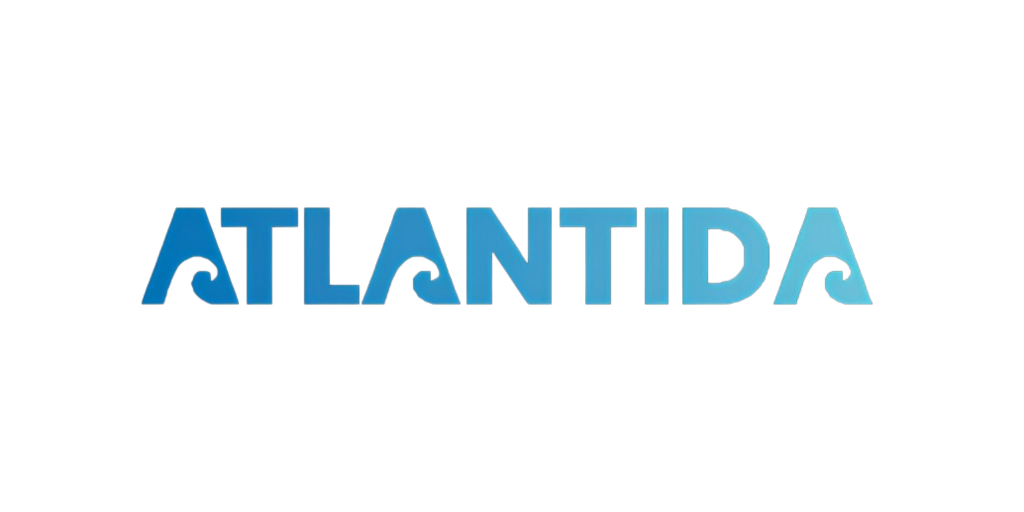
Platform for the monitoring of the North Atlantic ocean and tools for the sustainable exploitation of the marine resources
Project description:
ATLANTIDA will develop a platform for the monitoring of the North Atlantic Ocean and tools for the sustainable exploitation of the marine resources. The project is coherently structured in 5 RLs, each organized in 2-4 R&D activities and 1 transversal activity for coordination, communication, dissemination and exploitation of results. ATLANTIDA will create a coastal observatory and monitoring, focusing on data collection and supply, including monitoring platforms and systems, sensors, data management and information technologies. It will assess the impact of climate change on the wave energy resource. ATLANTIDA will study the role of global change as a driving force of biological change in coastal habitats, contributing to the management of coastal and estuarine ecosystems by developing new operative tools. Regarding deep sea, it will develop ocean circulation numerical models, ecological models and ecotoxicological tools. The project will focus also on monitoring the contamination and effects of microplastics, other contaminants and pathogenic bacteria in the environment. The project will lead to the implementation of DNA (meta)barcoding approaches in marine species and communities biomonitoring. We will assess the distribution and residency patterns, and the genetic structure of the populations of cetaceans in the north coast of Portugal. The project will explore new opportunities to unlock the sustainable growth of aquaculture by minimising the environmental impact of fish farms whilst contributing to safe and healthier food items for consumers and deliver across economic, social and environmental sustainability dimensions. ATLANTIDA will create biobanks of marine organisms and valorize marine biomass, exploring them in terms of biotechnological applications such as pharmaceutical, industrial and environmental -bioremediation. Macroalgae and marine invertebrate species will be identified and selected as model organisms and used as raw-material for the isolation of biopolymers with industrial interest, particularly sulfated polysaccharides, collagens and bioadhesives.
ATLANTIDA will create a strong cohesion of the UNORTE institutions regarding the Ocean research and technologies, developing the conditions for a leading position at national and international levels.
Project duration: October 2020 – September 2023
Coordinator: University of Porto
PI at CIIMAR: Benjamin Costas
Partners: CIIMAR, UTAD, Minho University
Funding:
Total Investment: 1 632 057,33 €
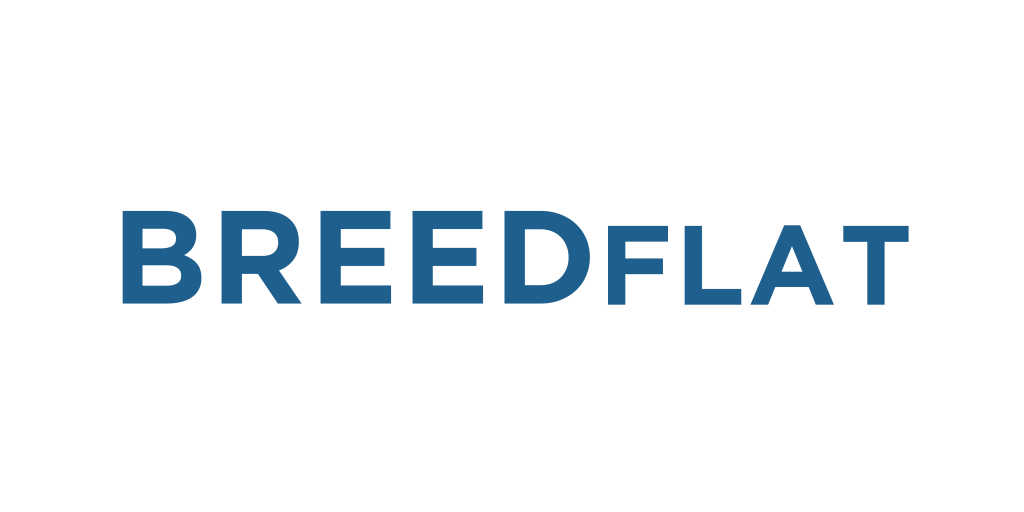
New approaches on the dietary-effects in broodfish: the role of nutrition on sustainable production of flatfish
Project description:
BREEDFLAT project aims to improve flatfish breeder’s performance by enhancing immune system capacity, largely affected during reproductive season, and gamete quality, by providing key-role nutrients for successful reproduction. Innovative approaches on the study of dietary effects will be attained to promote a sustainable competitive production of eggs and larvae. The consortium includes two Portuguese research teams, CCMAR (promoter) and CIIMAR, and the largest turbot producer, ACUINOVA. The Donor parties, Nord University, Akvaplan-niva, experienced in flatfish reproduction, and Sognaqua firm, will contribute with their experience in Atlantic halibut. This collaboration will enhance Portuguese centers (CCMAR, CIIMAR) performance with technology transfer from Nord (microRNAs, epigenetics), and strengthen future bilateral collaborations. The business sector (ACUINOVA) will gain from Norway experienced Aquaculture sector. The project focus in 3 important flatfish species for aquaculture diversification in Europe, Senegalese sole, turbot and Atlantic halibut, along 6 WPs. Specific breeders’ feed will be developed, considering each species’ nutritional requirements and efforts dedicated to gametogenesis. A tool-set of parameters will be developed, allowing characterization of reproductive and immune system performance. These tools will be used to evaluate the efficiency of natural feed products supplementation on the enhancement of reproduction and fish resistance. The final target is to achieve the improvement of offspring through a better nutrition to breeders. More robust juveniles will contribute to a next generation of breeders developed in captivity. These bases will provide a more sustainable Aquaculture diversification with high price commercial species, creating a benefit for fish farms and feed suppliers in Europe, reducing economic and social disparities between donor and beneficiary states.
Project duration:
Coordinator: CCMar
PI at CIIMAR: Benjamin Costas
Partners: CCMar, CIIMAR,
Funding: EEA Grants
Total Investment:
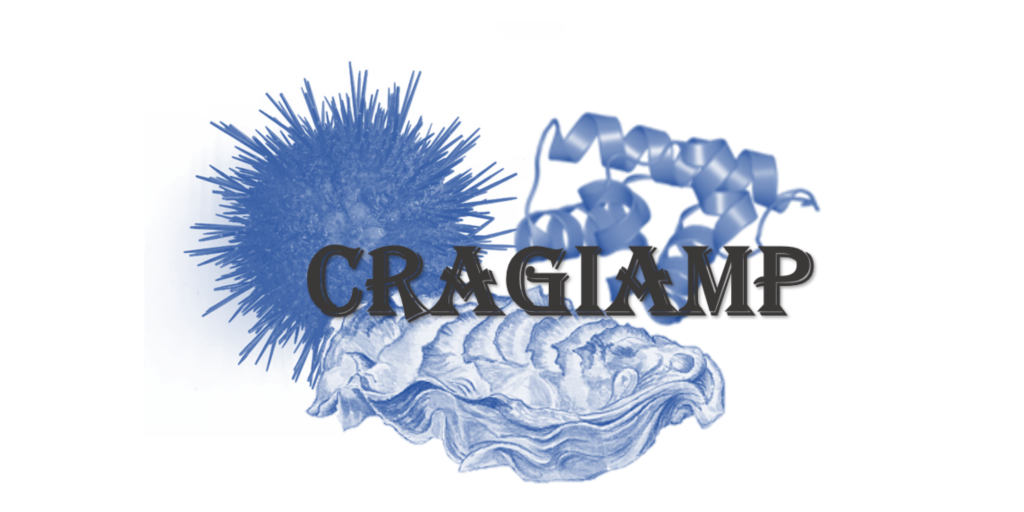
Search for Antimicrobial Peptides in Crassostrea gigas ouysters and Paracentrotus lividus sea urchin. Diminution of mortality rate in oyster culture: towards to a lower impact of diseases in oyster farms and search for novel compounds
Project description:
CRAGIAMP aims to search and find new molecules with antimicrobial properties in oysters and sea urchin that can be used in aquaculture facilities to decrease the mortality due to bacterial diseases and also to decrease the use of antibiotics. The project is led by CIIMAR with the help of the University of Aveiro (UA).
Duration of the project: July 2018 – June 2021
Coordinator: CIIMAR
PI CIIMAR: Sergio Fernández Boo
Partners: University of Aveiro
Funding: Compete2020
Total Investment: 239 104,18 €

Improvements in disease resistance, stress and environmental sustainability in aquaculture systems through nutritional tools and modulation of microbial communities
Project description:
O projecto FeedMi, que visa desenvolver um conjunto de ferramentas nutricionais e de maneio para optimizar o cultivo de peixes marinhos à escala industrial. Com foco no linguado, mas usando também espécies como a dourada e o robalo como modelos experimentais, o projecto FeedMi irá criar: 1) alimentos funcionais para as primeiras idades dos peixes, que modulem a sua imunocompetência e a comunidade microbiana no tracto digestivo; 2) uma ferramenta informática que permita melhorar a gestão da alimentação no linguado; e 3) tecnologia para modular a comunidade microbiana do biofilme de pisciculturas. No final do projecto, as inovações FeedMi serão demonstradas à escala industrial. Esta solução integrada é apresentada por um consórcio liderado pela SPAROS Lda, incluindo também a SAFIESTELA, a Universidade do Porto, o CIIMAR e o IPMA.
Project duration: January 2019 – December 2021
Coordinator: SPAROS
PI CIIMAR: Benjamin Costas
Partners: CIIMAR, ICBAS, IPMA, Sea8
Funding:
Total Investment: 935.941,90 EUR
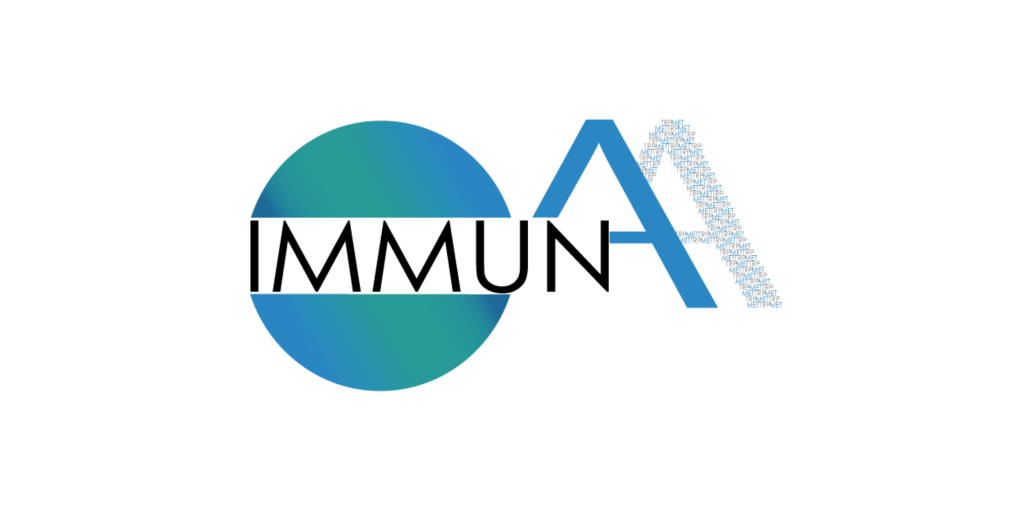
Methionine and tryptophan as nutraceutical strategies to improve mucosal immunity and vaccine efficiency in fish
Project description:
One of the most important challenges of the 21st century is to meet the world’s demand for sustainably produced bThe new concept of functional AA is arising in the nutritional immunology field, and are defined as those AA that participate in and regulate key metabolic pathways to improve, for instance, health and survival of the organisms. For instance, methionine and tryptophan have known roles in the improvement of the immune response to infection and recent evidence indicate that mucosal immune defences appear to be influenced by their availability in fish. Still, the role of methionine and tryptophan on mucosal immune mechanisms and particularly in response to bacterial pathogens still needs further attention. This is particularly true for the aquaculture industry, where few therapeutic possibilities are available against infectious episodes. Moreover, methionine presents a pivotal role in the regulation of many cellular events with crucial impact on the immune system, such as in processes involved in the control of inflammation and polyamines synthesis, a fact that could be of advantage to develop and improve vaccination strategies. The present project mainly aims: i) to provide a better understanding of the underpinning mechanisms of mucosal immune defences of fish fed methionine and tryptophan supplements; and ii) to study the synergistic effects of dietary methionine and vaccination using the rainbow trout (Oncorhynchus mykiss) as a model.
Project duration: March 2021 – March 2024
Coordinator: CIIMAR
PI at CIIMAR: Benjamin Costas
Partners: CIIMAR, CISA INIA
Funding: FCT
Total Investment: 249 929,26 €

Unraveling neuro-endocrine/immune modulatory roles of tryptophan during inflammation
Project description:
The new concept of functional amino acids (AA) is arising in the nutritional immunology field, and are defined as those AA that participate in and regulate key metabolic pathways to improve, for instance, health and survival in organisms. Tryptophan in particular have known roles in the improvement of the immune response to infection and recent evidence indicate that several immune mechanisms are influenced by its availability. Still, the role of tryptophan on brain activation and cell-mediated immune mechanisms involved in the response and resolution of inflammation still needs further attention in fish. This is particularly true for the aquaculture industry, where few therapeutic possibilities are available against infectious episodes. The main goal of the present project is to provide a better understanding of the underpinning neuro-endocrine and immune machinery of fish fed tryptophan supplements and to deliver a deeper understanding of the basic mechanisms involved during inflammation using the European seabass (Dicentrarchus labrax) as a model.
Project duration: August 2018 – January 2022
Coordinator: CIIMAR
PI CIIMAR: Benjamin Costas
Partners: CIIMAR, CCMAR
Funding:
Total Investment: 239.785,68 EUR
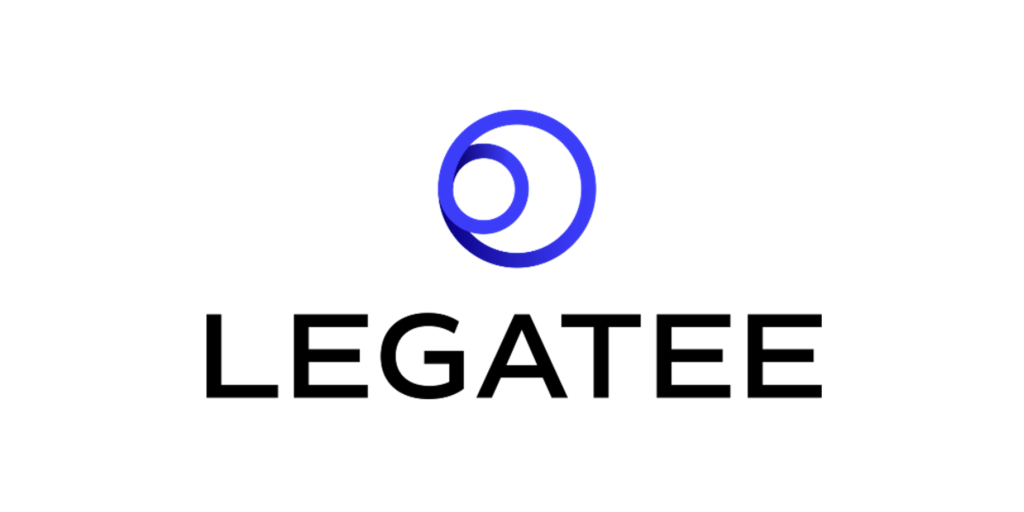
Parental immune priming and in ovo delivery of immunostimulants applied to aquaculture of fish larvae
Project description:
The production of high quality juveniles is still a bottleneck in the farming of numerous fish species. Early life protection against pathogenically hostile environments is achieved through a mixed passive immunity transmitted from maternal sources to offspring during oogenesis. However, many of these maternally transferred factors usually persist only for a very limited duration and completely disappear in the late larval stage. Parental experience with parasites and pathogens can lead to increased offspring resistance to infection, through a process known as transgenerational trained immunity. However, the mechanisms underlying transgenerational trained immunity are poorly understood. Among the potential pathways leading to the realization of transgenerational trained immunity it can be suggested: 1) transfer of active immune components; 2) transfer of PAMPs to offspring and 3) epigenetic modifications. Transgenerational trained immunity offers an attractive approach in intensive fish larval rearing. We will use high-throughput omic approaches to advance our understanding of transgenerational trained immunity in fish. We also propose to explore a new and exciting approach; the delivery of immunostimulants directly to fish eggs by an immersion bath. To test our hypothesis, we will use two model fish species; zebrafish and medaka. The ultimate goal of the LEGATEE project is to shed light on the molecular mechanisms involved in egg immunity inheritance and will constitute a first necessary step for future progresses in the aquaculture sector and the development of patents.
Project duration: February 2021 – January 2024
Coordinator: CIIMAR
PI CIIMAR: Ana Rocha
Partners: CIIMAR, IATS-CSIC, INRAE-LPGP
Funding: FCT
Total Investment: 243 634,44 €

Microalgae as fish health boosters via aquafeeds
Project description:
MICROBOOST project aims to develop innovative research on microalgae functionality and understand their bioactivity on fish immune performance. At least four products will be developed: a new microalgae biomass (Euglena gracilis), a new blend (E. gracilis and Nannochloropsis sp.) and two bioactive aquafeed supplements for aquaculture applications derived from these microalgae.
MICROBOOST is led by Allmicroalgae Natural Products SA, a large industry located in Portugal. Allmicroalgae provides excellence in microalgae cultivation and is considered an European reference for microalgae industrial production. Allmicroalgae’s mission is rooted in the desire to cultivate sustainable, global, green solutions, and to develop commodities by boosting microalgae’s natural intrinsic features and capabilities.
MICROBOOST will develop tight cooperation between the following partners: Allmicroalgae: one of the largest European producers of microalgae, NIVA: Norway leading institute for fundamental and applied research on marine and fresh waters, SPAROS: a science and technology company specialized in nutritional solutions for aquaculture, GreenCoLab: a collaborative platform which bridges algae research and industry to drive algal biotechnology solutions, CIIMAR: a leading research and advanced training institution focused on ocean knowledge and innovation, and UiBergen: a Marine research reference with solid aquaculture knowledge.
The new products proposed in MICROBOOST will compete in the aquaculture market, backed with a solid scientific and technical immunomodulating activity.
Project duration:
Coordinator:
PI CIIMAR: Benjamin Costas
Partners:
Funding: EEA grants & República Portuguesa
Total Investment:
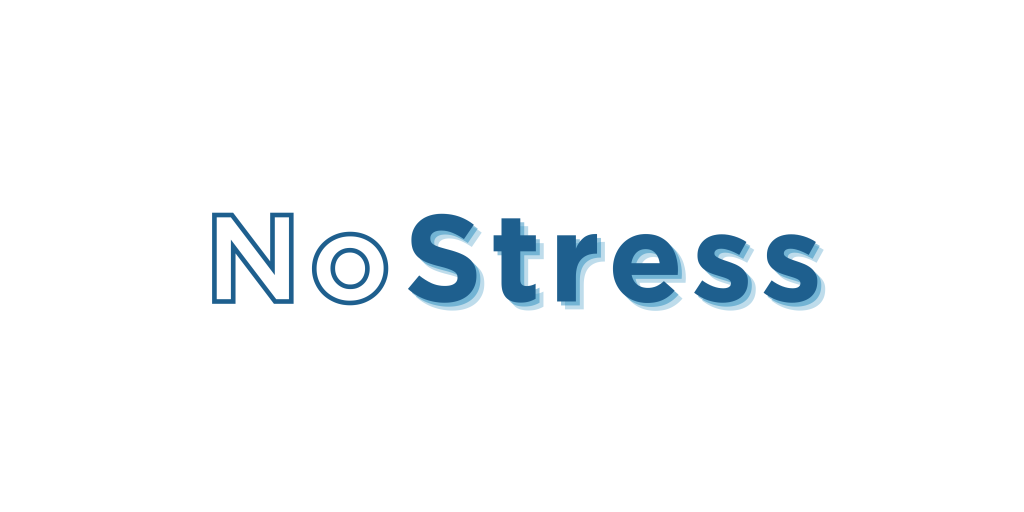
New foods prepared to reduce the effects of stress in aquaculture
Project description:
Mass production of high-quality juveniles is a critical point in the European aquaculture industry, depending, among other factors, on optimal nutrition during the early stages of fish development. In cultivation, exposure to stressors and pathogens result in significant losses for marine fish producers at an early age, reducing the efficiency of the production cycle from its base. In this context, the creation of functional food for the first ages of marine fish, which promotes greater resistance to stress factors and pathogens, is still a non-existent reality. It is in this scenario that the NOSTRESS project arises, whose main objectives are the research and development of a functional additive with anti-inflammatory, neuroprotective and antinociceptive (analgesic) properties and fortified functional food for the first ages of marine fish, including sea bass as the main focus of investigation. The fortified foods created in the NOSTRESS project thus aim to reduce the effects of stress and exposure to pathogens for the larva/post-larva and juvenile stages of marine fish, to be launched on the market after the end of the project.
Project duration: March 2021 – June 2023
Coordinator: SPAROS
PI CIIMAR: Benjamin Costas
Partners: CIIMAR, IIM, FMUL, IPMA
Funding:
Total Investment: 995.958,32 EUR

Unravelling the functional importance of amino acids in the fish neuroendocrine-immune network
Project description:
Fish welfare is currently an important issue due to both ethical issues and production advantages. The role of neuroendocrine mechanisms directly affecting the building of the immune response and their consequences still need to be unravelled. A new field of research, nutritional immunology, is arising in the aquaculture field. Whereas most research is focusing on probiotics and glucans as immunostimulants, amino acids (AA) have received little attention. AA can be converted into important biochemically active substances and the beneficial effects that AA supplementation presents for fish have been already reported. Therefore, nutritional strategies to modulate immune and stress responses seem to be a valuable tool for fish farm production. For instance, neuroendocrine modulation through dietary intervention may regulate inflammation to reach an optimum defence while preventing excessive host cell damage.
The PANDORAA project will use an innovative multidisciplinary approach that aims to explore the links between AA nutrition and NEI plasticity. Knowledge gathered from the present project should allow the improvement of functional commercial diets for farmed fish, hence improving aquaculture profitability in terms of disease resistance.
Project duration: October 2016 – September 2021
Coordinator: CIIMAR
PI CIIMAR: Benjamin Costas
Partners: CIIMAR
Funding:
Total Investment: 48.000 EUR
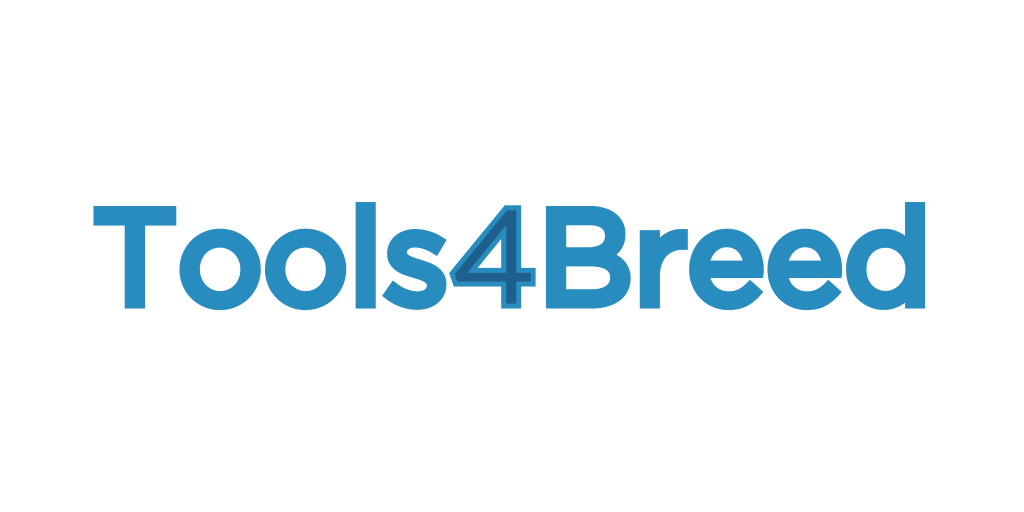
Challenge tests and genetic markers for Perkinsus as a tool for Rudipates decussatus’ selective breeding
Project description:
Its main objectives are the validation and implementation of efficient challenge tests to select Ruditapes decussatus resistant to Perkinsus during the breeding program, and that does not compromise the reproductive capacity of individuals. Additionally, we intend to discover biomarkers of resistance to Perkinsus to use as a selection tool.
The project is led by Oceano Fresco, in partnership with the Portuguese Institute of the Sea and Atmosphere (IPMA) and the Interdisciplinary Center for Marine and Environmental Research (CIIMAR).
Project duration: September 2019 – September 2021
Coordinator: Oceano Fresco
PI CIIMAR: Sergio Fernández-Boo
Partners: Océano Fresco, CIIMAR, IPMA
Funding:
Total Investment: 199.105,00 EUR

Integral valuation of marine resources: potential, technological innovation and new applications
Project description:
The project ValorMar is led by a reference institution – SONAE – and integrates 20 enterprises and 16 Research and Development institutions, being CIIMAR the R&D leader of the project, with a wide national geographical distribution. ValorMar will develop innovative technological solutions that potentiate the valorization and efficient use of marine resources by the integration of the value chains using the circular economy concept and integrating: food industry, biomedical, pharmaceutical, cosmetics and aquaculture.
ValorMar main objective is the valorization of marine resources through research, development and demonstration of new products and the improvement of the productive processes, proposing innovative solutions that lead to the creation of new healthy food products using innovative, efficient and sustainable technologies. The products, processes and services will be produced in the framework of a transversal mobilization of human resources with extensive curricula and experience in the development and implementation of R&D projects in the thematic areas of ValorMar.
Project duration: October 2017 – September 2020
Coordinator: SONAE
PI CIIMAR: Vitor Vasconcelos
Partners: SONAE, CIIMAR
Funding: Portugal2020, Compete2020 & European Union
Total Investment: 8 043 392,62 €
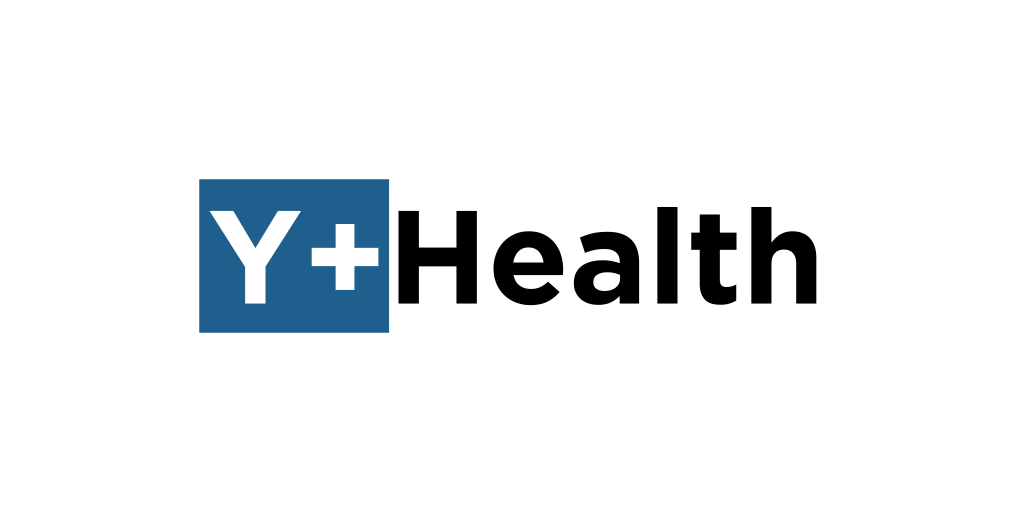
Effects of Ygeia+ on the European seabass immune response and disease resistance: New tools and opportunities
Project description:
The concept of maintaining animal health through the best possible nutrition is well-accepted in modern animal farming. Indeed, effective and sustainable disease prevention using vaccines has been an important factor for the successful growth of aquaculture, but nutritional modulation of vaccine efficacy presents itself as an attractive strategy for fish farmers to enhance and extend protection against disease. The main goal of the present project is to provide a better understanding of the underpinning immune machinery of fish fed Ygeia+, and to deliver new knowledge on Ygeia+ capacity to improve vaccine efficiency in the European seabass (Dicentrarchus labrax).
The Y+Health team will use an innovative multidisciplinary approach that aims to explore the links between nutrition and immune plasticity. Underlying mechanisms will be addressed by localising key elements of the immune response and inflammation in the head-kidney and blood.
Additionally, peripheral changes in European seabass submitted to inflammatory insults will be studied in the liver. An innovative approach will assess Ygeia+ ability to improve disease resistance in vaccinated fish while changes in cell-mediated immunity and genes involved in leucocytes migration and antigen recognition will be followed.
This project would allow the understanding of Ygeia+ mode-of-action and may propose new applications in fish health management.
Project duration:
Coordinator: CIIMAR
PI CIIMAR: Benjamin Costas
Partners: CIIMAR
Funding: IJUP Empresas
Total Investment:
